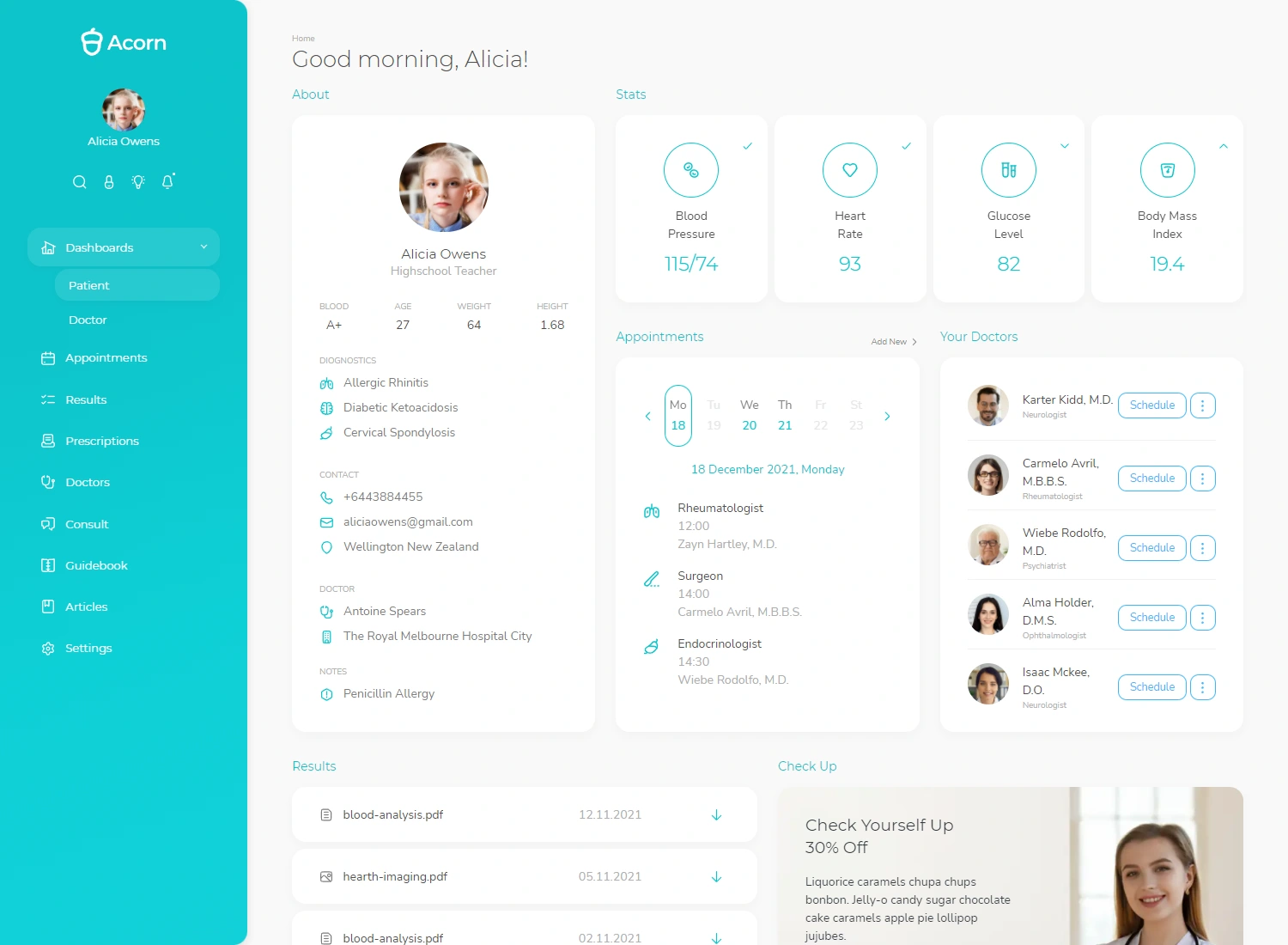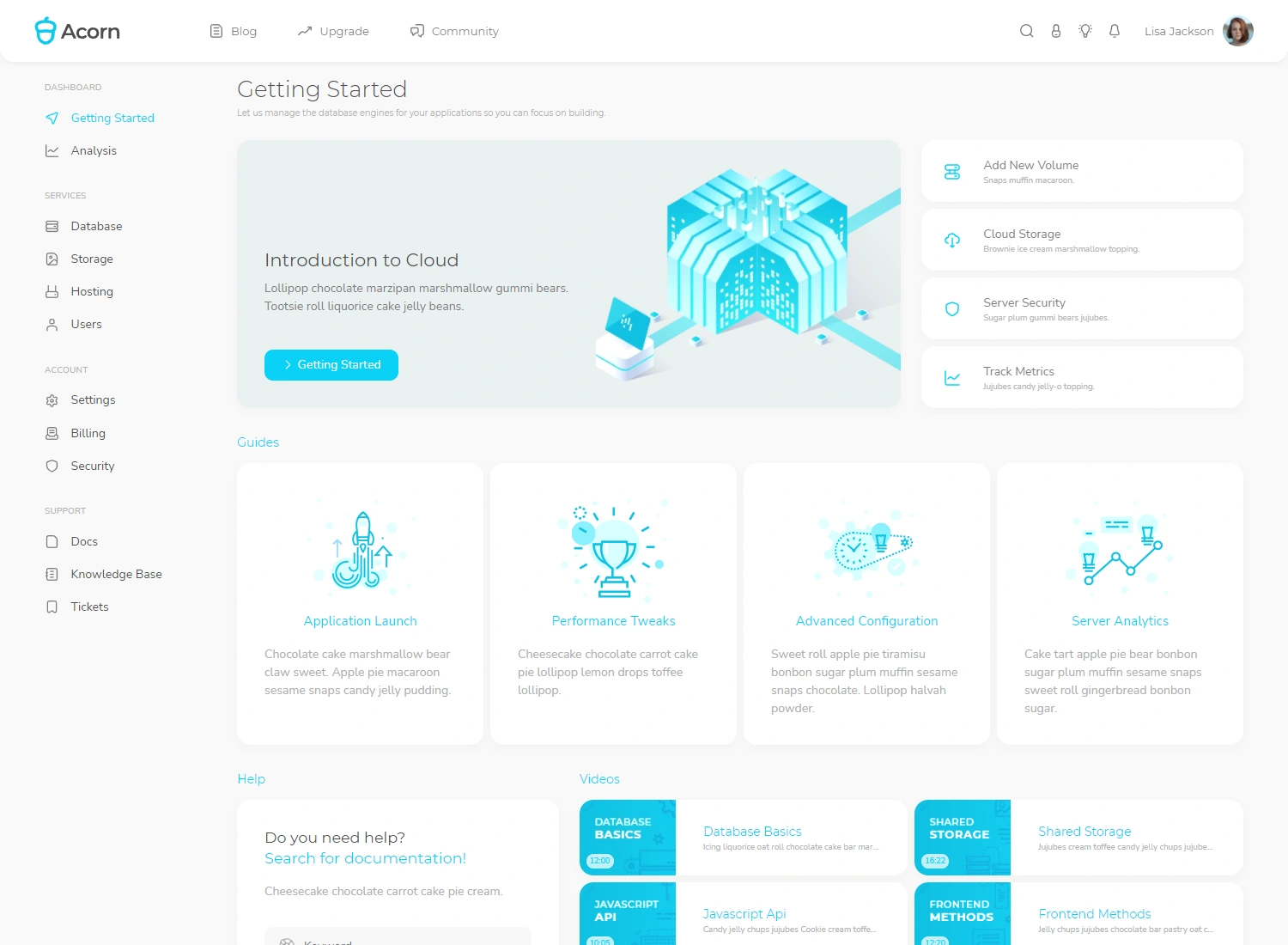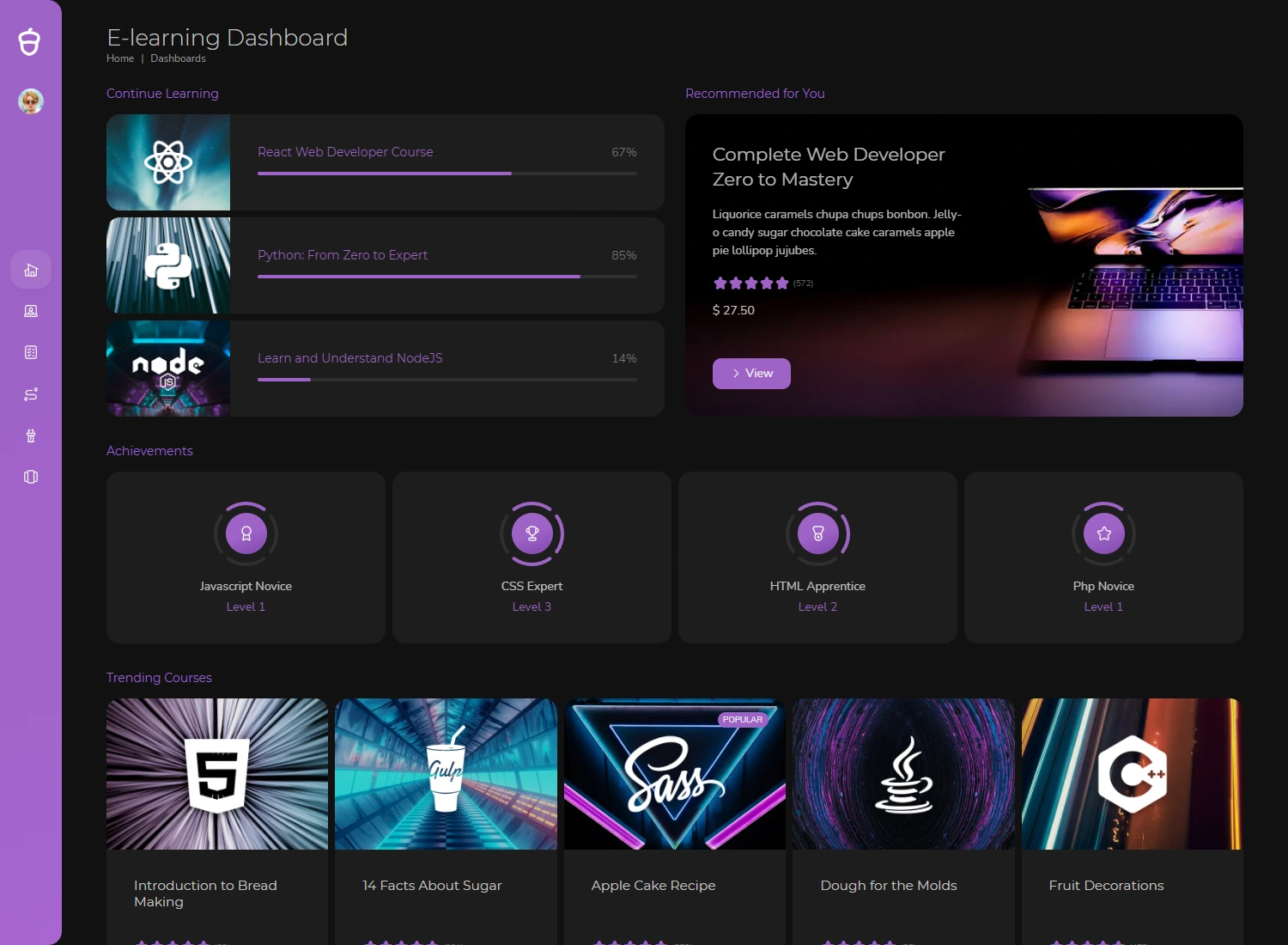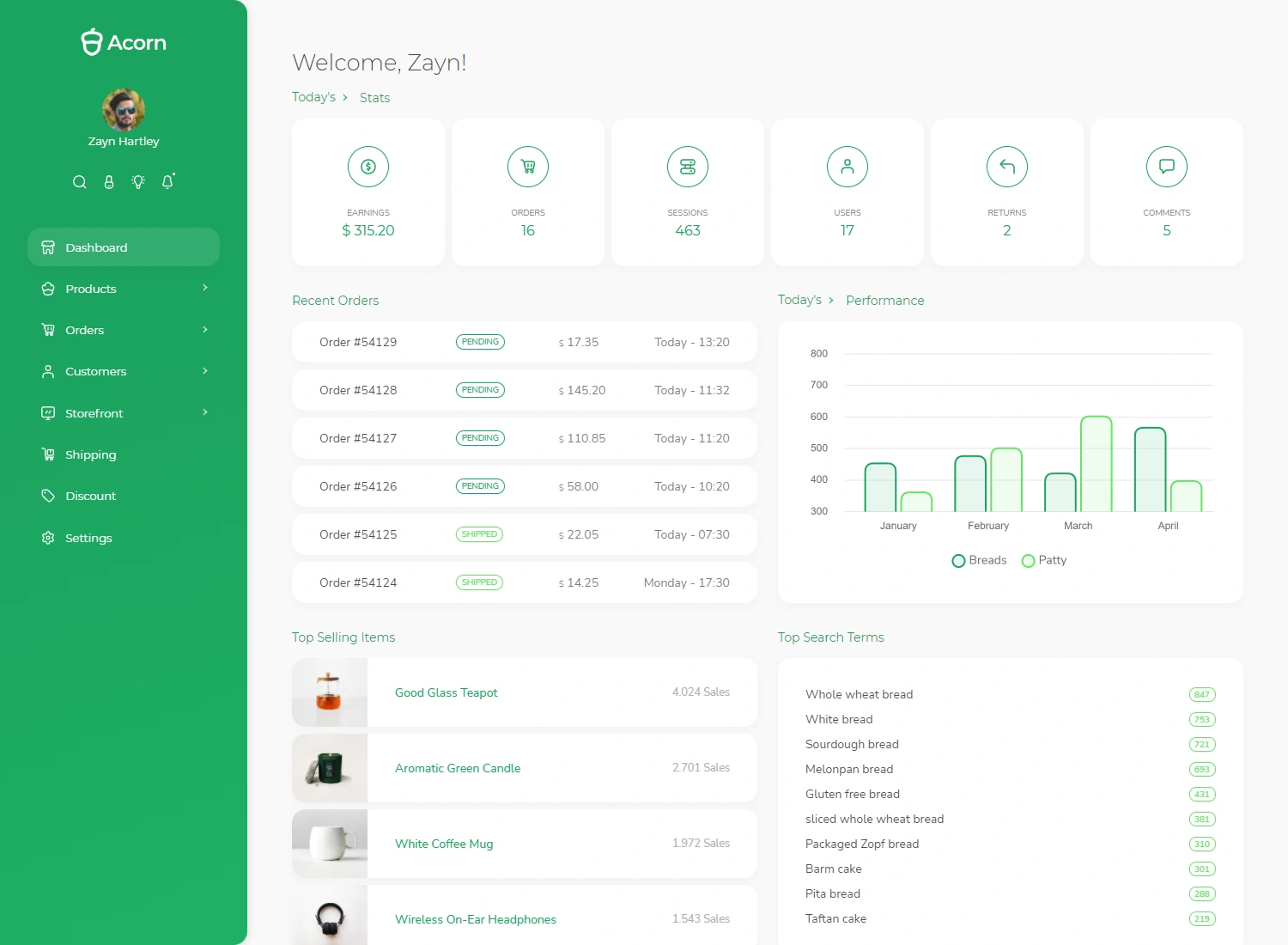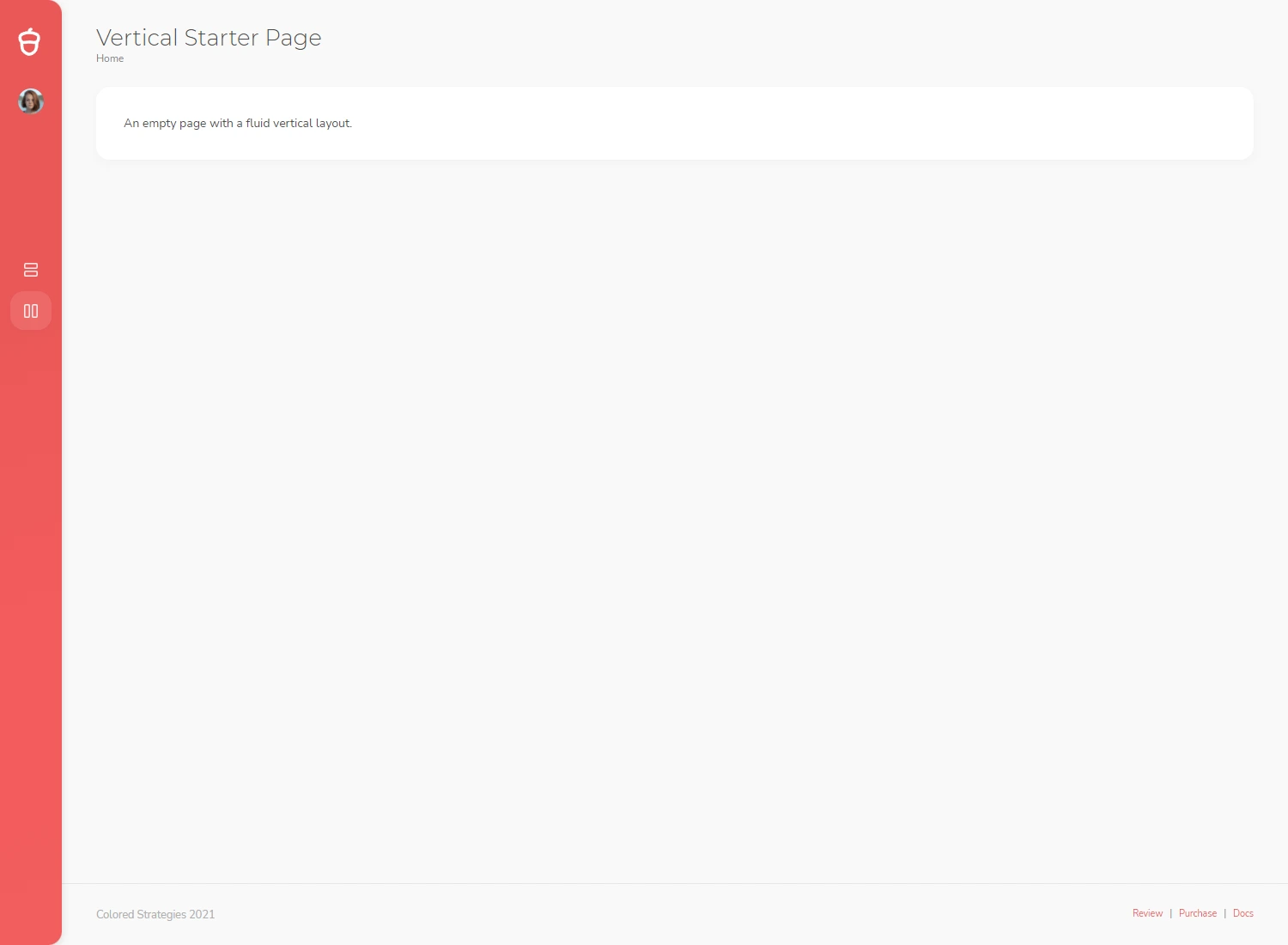COMPARISON BETWEEN CORE I7 AND CORE I5 PROCESSOR
CORE I7 AND CORE I5 PROCESSORS
Understanding
the differences between Intel's i5 and i7 processors is key when you're in the
market for a new PC or considering an upgrade. Here is a detailed comparison to
help you make an informed decision.
·
Starting off Intel
i5 and i7 processors are both part of Intel's Core lineup, but they cater to
different needs and preferences. While they share some features, they differ in
core count (processing unit that can execute instructions), clock speeds, cache
sizes, and other aspects.
Intel i5 Processors
·
The i5 series
targets the mid-range market, balancing performance and cost. With fewer cores
(is a component in the CPU
that executes instructions) and threads (are instructions executed by the core) compared
to i7, i5 processors offer solid performance at a more affordable price.
They're ideal for everyday users, gamers, and content creators who don't
require top-tier performance but still want a reliable experience.
Intel i7 Processors
·
i7 processors are
high-performance beasts, packing more cores and threads for demanding tasks.
They excel in scenarios like video editing, 3D rendering (Use of CGI), and
multitasking with heavy applications. Designed for power users and
professionals, i7 CPUs deliver top-notch performance but come at a higher
price.
Key Differences: Intel i5 vs. Intel i7
CPUs
i5-
Typically features four to six cores without hyper-threading, resulting in
fewer threads.
i7-
Boast six to eight cores with hyper-threading, effectively doubling the number
of threads.
Clock Speeds:
i5:
Slightly lower base and boost clock speeds compared to i7 processors.
i7:
Generally higher base and boost clock speeds, offering faster performance,
especially in demanding tasks.
Cache Size:
i5:
Smaller cache size impacts data access speed.
i7:
Larger cache size allows for quicker data retrieval and improved performance.
Price:
i5:
More budget-friendly option.
i7:
Higher price point due to increased performance and additional features.
Usage and Applications:
i5:
Suited for mainstream users, light gamers, and moderate multitasking.
i7:
Designed for power users and professionals involved in resource-intensive
tasks.
Here are three key things to consider
if choosing out of the two and how to go about it
1.Specific
needs
2.Usage
patterns
3.
Budget
Choose an i5 Processor If:
·
You're a casual
user or light gamer.
·
You're on a
budget but still want solid performance.
·
Your tasks mainly
involve web browsing, office work, and light media consumption.
Choose an i7 Processor If:
·
You're a power
user or professional handling demanding tasks regularly.
·
You need high
processing power for activities like video editing and 3D rendering.
·
You're willing to
invest in top-tier performance for enhanced productivity.






